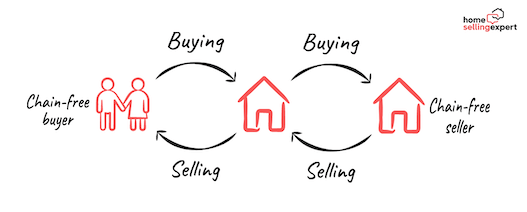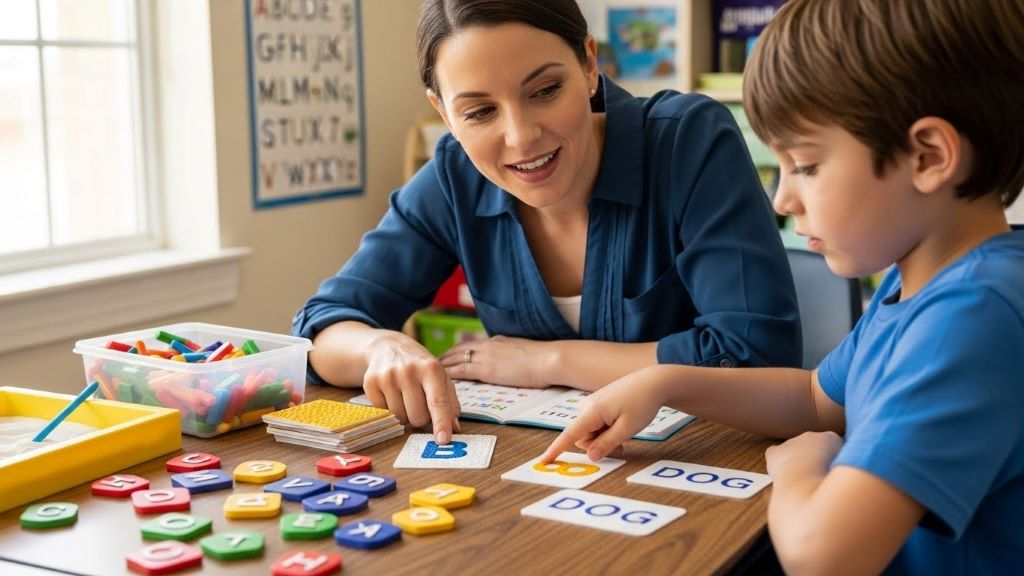There is no doubt that buying and selling property can be a stressful business but choosing the right conveyancer and asking them the correct question can lower your blood pressure by making sure you’re as informed as possible. But what are the right questions to ask your chosen conveyancer? Here are five that should definitely make your list.
1. When should I make my mortgage application?
You can get a mortgage in principle before you decide on a particular property. Your conveyancer can explain that doing this allows you to plan ahead, giving you an idea of how much you can spend on your move, and giving you time to do your research and find the fight mortgage product for you.
2. What is a property chain?
Conveyancers such as the experts with companies such as Sam Conveyancing can guide you through the process of buying or selling property as part of a chain. It is important to start out by knowing what exactly this means, however.

In general, a chain is a series of houses and people who are all selling and buying at once and whose transactions are linked. People will normally buy and sell property simultaneously and linked transactions are then formed. Each of these becomes dependent on the others in the chain and the whole thing can be in jeopardy if one link fails. Exchange of contracts needs to happen simultaneously for all transactions and progress is determined by the chain’s slowest link.
3. When will a property be mine?
A legally binding agreement is formed once you exchange contracts. This means that it is illegal for parties to then back out of the deal. Before that point, buyers and sellers can withdraw.
Your property will then become yours on the day that you complete and all of the funds have been transferred. It is not yours until this point and, even if you have made an offer on a property that the seller has accepted, there is still the risk of you being gazumped.
4. What is gazumping?
Gazumping is when a property seller accepts a better offer before contracts have been exchanged with a buyer. It is hard to prevent this from happening, although lock-out agreements are sometimes used. More information on gazumping and other issues can be found on the Citizens Advice website

5. Exchange and completion: what is the difference?
The point at which you exchange contracts is when both the buyer and seller of a property commit to the transaction and hand over a deposit to their solicitor.
Completion is when the rest of the sale price is handed over. This is when a property will become yours and you can move in if you want.
The completion date should be included in the contracts that you exchange. Your conveyancer can advise you on this, together with a range of other issues, from helping you to understand an occupier consent form to ensuring that the right searches are carried out before you buy a property.
Sometimes completion can be delayed as a result of issues such as planning, personal circumstances, and tenancy requirements. Planning your move and enlisting the help of good conveyancers can prevent this from happening, however, although sometimes it is necessary and all parties are required to reach agreement on the date.

